The sudden surge in the Chinese yuan has left many people bewildered.
It seems illogical; what exactly is happening?
If we were to say that a massive capital upheaval is about to occur between China and the United States, and there is no conspiracy or mischief involved, but it's entirely a natural occurrence, would you believe it?
On the afternoon of July 25th, the offshore yuan appreciated significantly, rising by more than 500 basis points at one point, breaking through seven levels from around 7.27 to around 7.20.
In the past year, we don't recall such an explosive appreciation.
This situation inevitably implies a large-scale foreign capital inflow, with a massive purchase of yuan leading to a sharp appreciation.
However, this is completely illogical.
From every perspective, the yuan should be depreciating.
Why is the sudden significant appreciation of the yuan illogical?
First, the US dollar index is relatively stable, and the basket of currencies against the dollar has not shown significant depreciation.
Why is the depreciation against the yuan so pronounced?
This depreciation occurred within half a day and was in the offshore yuan market.
Could it be that international capital sharks have entered the market?
What are they trying to do?
Secondly, on Monday, the central bank took consecutive actions, resuming interest rate cuts after a year.
On July 22nd, the central bank lowered the one-year and five-year LPR by 10 basis points each.
On July 25th, the central bank conducted a 200 billion yuan one-year medium-term lending facility operation, unexpectedly lowering the interest rate by 20 basis points; at the same time, it carried out a 235.1 billion yuan seven-day reverse repo.
The central bank injected nearly 400 billion yuan into the market in a single day, which is a clear monetary easing.
With this combination of interest rate cuts and monetary easing, although relatively cautious, the yuan should be under significant depreciation pressure, right?
How could it suddenly surge?
Additionally, in the first half of this year, GDP growth was 5.0%, and particularly in the second quarter, it only grew by 4.7%, which is honestly below expectations.
This situation is also unlikely to provide short-term explosive support for the yuan exchange rate.
Could it be that China's economic growth in the second half of the year is widely anticipated?
We see many analyses suggesting that this is due to significant positive news from an important meeting in July, coupled with the recent implementation of a large-scale trade-in program, which has supported the exchange rate's explosion.
However, the recent meeting, although a significant positive event, focused on medium to long-term reforms rather than short-term economic stimulus.
The trade-in program is also not a recent development; it started at the beginning of the year.
These factors are insufficient to support the sudden explosion in the yuan exchange rate.
So, what exactly is happening?
Since the reason is not on our side, it must be on the American and dollar side.
This is a complex issue, but in simple terms, the recent series of events surrounding the US election and interest rate cuts have almost shattered the mentality of Americans, leaving many investors unsure of what to do.
The US election is in chaos, and for the capital market, most of it is bad news, with bears far outweighing bulls.
Many Americans sense danger; what choices will they make?
Directly influenced by the US election, expectations for a rate cut in September have also increased significantly.
All of this is very unfavorable news for the dollar and American capital.
A massive upheaval seems imminent in the United States.
The most direct manifestation of this bad news is the sharp decline in the US stock market.
On Wednesday this week, the US stock market fell sharply again, with the Nasdaq down 3.6% and the S&P 500 down 2.3%, both recording the largest single-day drop in nearly two years.
The FAANG stocks fell even more sharply, with Tesla plummeting 12%, Nvidia down 6.7%, and Google, Meta, both falling more than 5%.
In one day, the FAANG stocks lost 550 billion yuan in market value.
It is clear that global capital is frantically selling off US stocks, and dollar capital is starting to flee in a panic!
Where should all this money go?
Where is the safe haven?
Looking at the global market currently, there are three main destinations: first, Japan; second, India; third, China.
You might wonder why China cannot be the first.
Currently, China is not the first choice for American investment, mainly due to geopolitical factors.
Dollar capital is more favorable to Japan and India, and there's nothing we can do about it.
So, in recent days, the stock markets of India and Japan have both risen sharply.
Our stock market has not been very good and has failed to seize the opportunity.
The offshore yuan is the most convenient for large-scale capital inflows, so it has been targeted.
Additionally, dollar capital is fleeing in advance, preparing to build momentum and looking for investment targets after the dollar rate cut.
The Chinese capital market is definitely one of the important targets, so they are buying yuan in advance to prepare.
This is the whole reason for the sudden surge in the yuan.
Of course, China's political environment is very stable, and its economic growth is also robust, providing a great sense of security for dollar capital, which is also an important underlying logic.
So, a massive Sino-American capital upheaval triggered by American political turmoil and dollar rate cuts is imminent.
The dollar is about to hit the wall, which will be a global capital upheaval and a situation that the United States is very afraid of.
Whether Americans can control the situation depends on whether they can stabilize the current chaotic political situation.



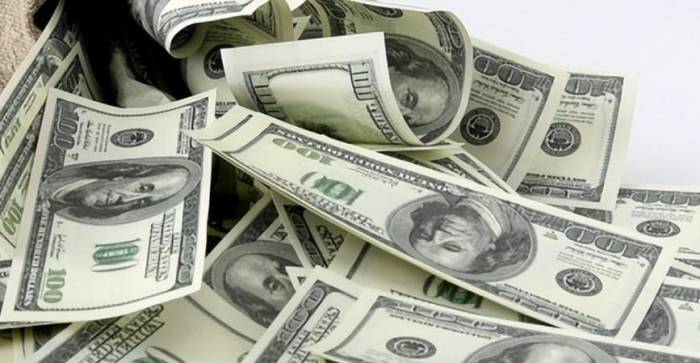
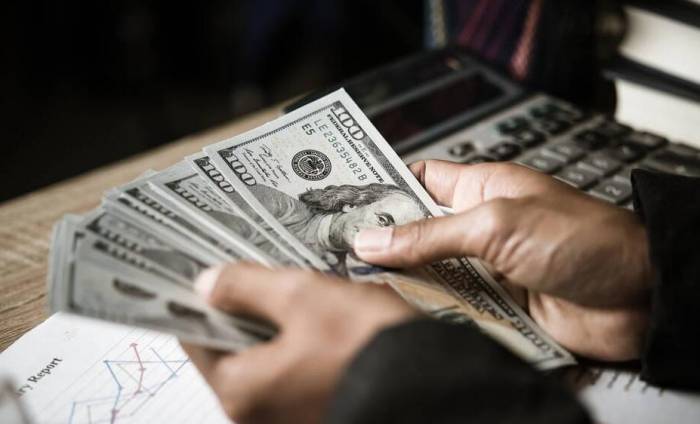
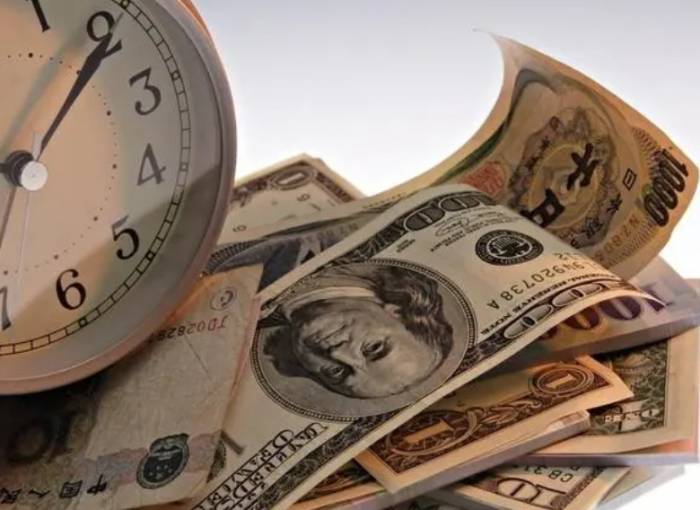
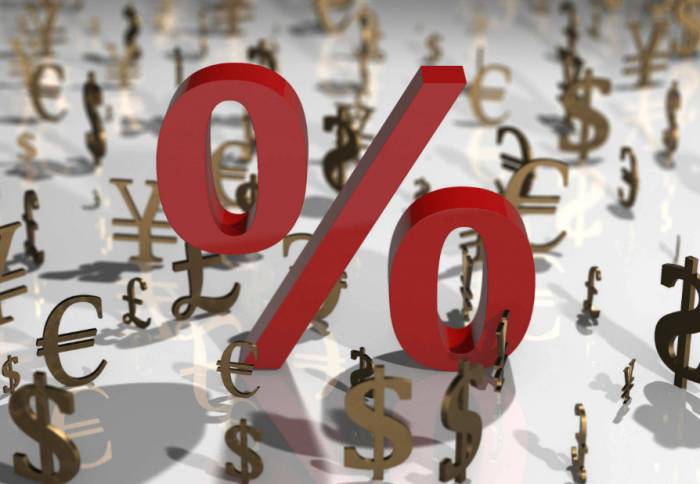
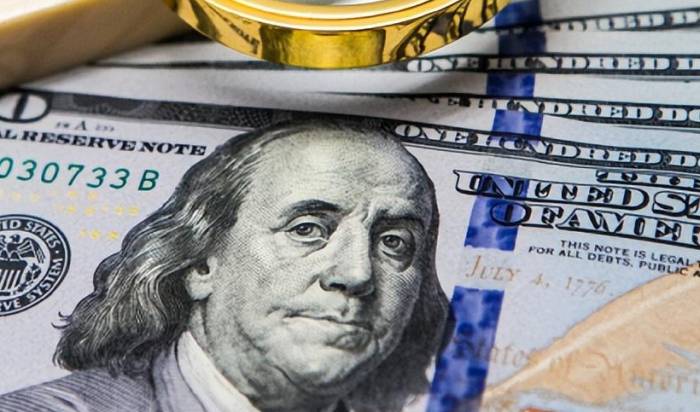
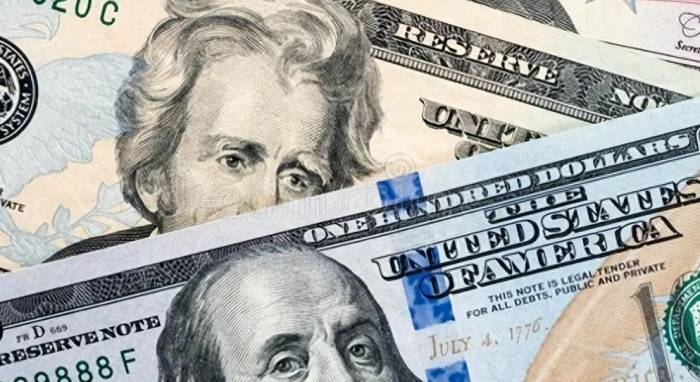


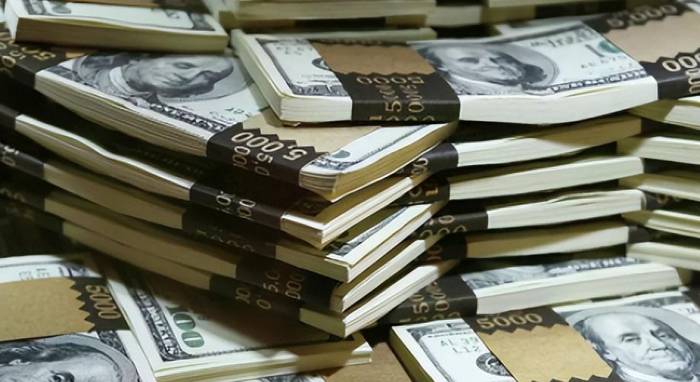
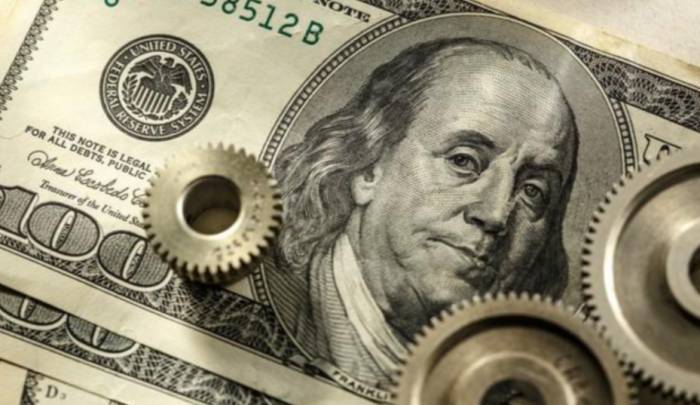
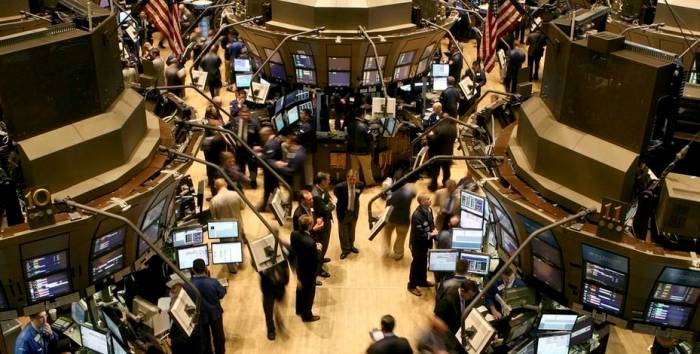

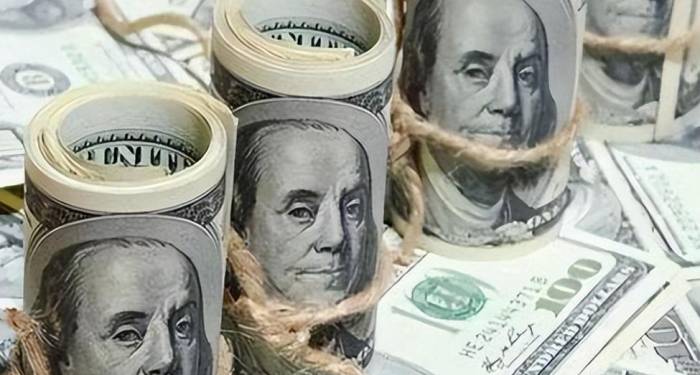




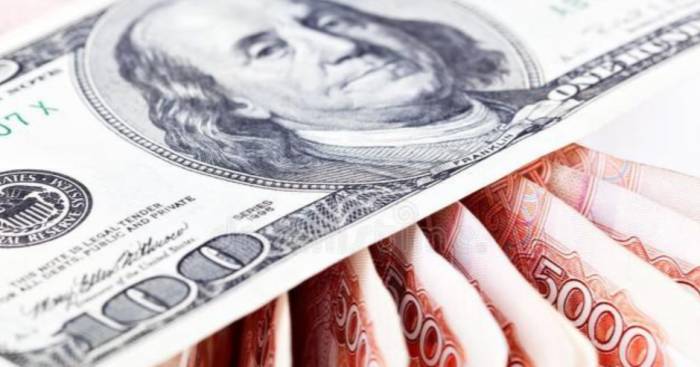
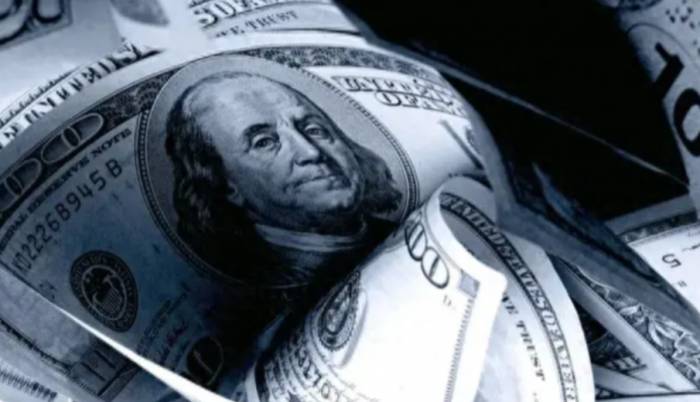
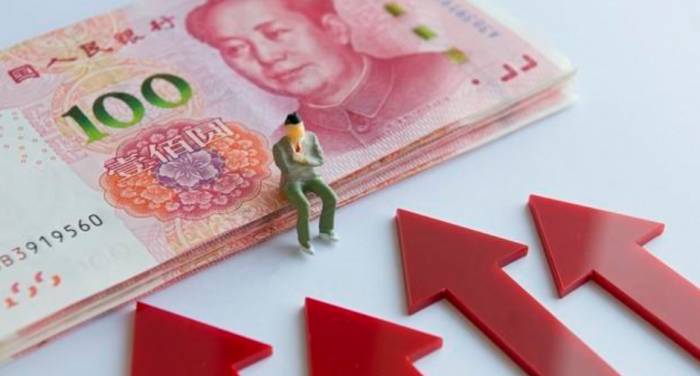


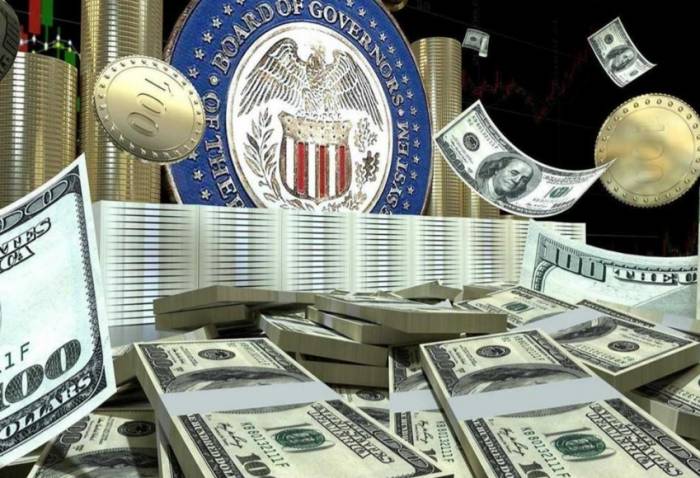

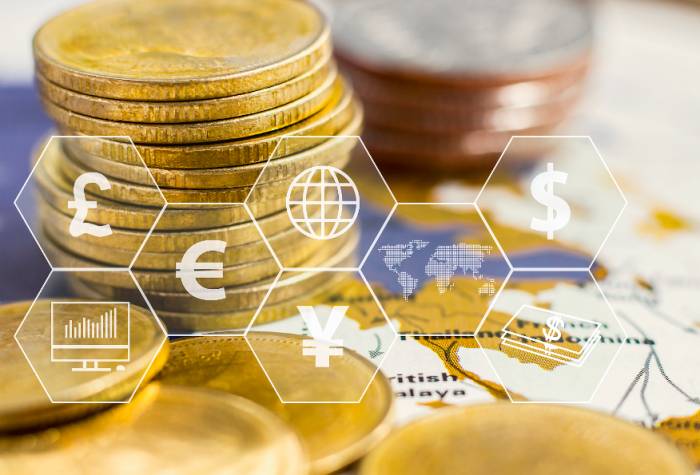

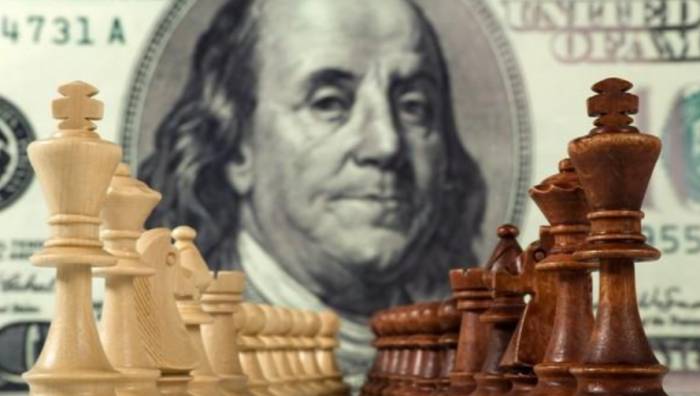
Leave a Comment